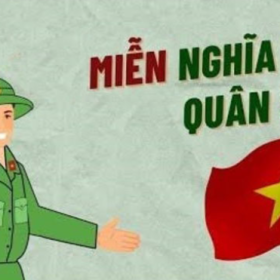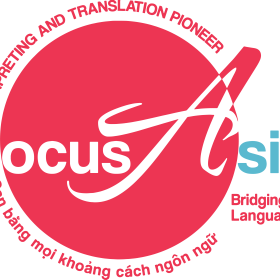5 Common Legal Translation Terms Everyone Has Heard… But Not Everyone Fully Understands
When preparing documents for studying abroad, applying for a visa, getting married, or immigrating, you may have come across terms like “consular legalization”, “judicial notarized translation”, or “consular authentication.”
They sound familiar, but do you know exactly what they mean and when to use them?
This article will help you clearly distinguish 5 of the most common — yet often confused — terms in legal translation.
1. Judicial Notarized Translation
This is a translation done by a certified translator registered with the Department of Justice. The translation is then brought to the Justice Office or a State Notary Office, where the translator’s signature is notarized.
📌 Usage: Legal documents and administrative procedures such as visa applications, marriage registration, study abroad, immigration, or work permits in Vietnam.
2. Notarized Translation at a Private Notary Office
Often referred to as “private notarization.” In reality, this notarization only certifies the signature of the applicant, not the accuracy of the translation itself.
📌 Usage: Suitable for civil documents or informal purposes (e.g., house rental agreements, internal confirmations).
⚠️ Not accepted for visa applications or strict government procedures.
3. Consular Legalization
If you have foreign documents (such as diplomas, birth certificates, criminal records) and want to use them in Vietnam, you must go through consular legalization.
📌 Meaning: This process verifies that the foreign document’s signature and seal are genuine so the document can be legally recognized in Vietnam.
4. Consular Authentication
The reverse of consular legalization.
📌 Usage: When you want to use Vietnamese documents (such as diplomas, transcripts, birth certificates) abroad, they need consular authentication so foreign authorities will legally recognize them.
5. On-site Notarized Interpretation
This is a service where a certified interpreter assists directly at the notary office.
📌 Usage:
-
When foreigners sign contracts or official papers in Vietnam but do not understand Vietnamese.
-
When authorities require an interpreter to ensure both parties fully understand the content.
The interpreter must be qualified, certified, and usually registered with the Department of Justice.
✨ Quick Takeaways
-
Want to use foreign documents in Vietnam? ➜ Consular legalization.
-
Want to use Vietnamese documents abroad? ➜ Consular authentication.
-
Need a translation for embassy or government submission? ➜ Judicial notarized translation.
-
For lighter paperwork without strict legal requirements? ➜ Private notarized translation.
-
A foreigner signing papers in Vietnam? ➜ On-site notarized interpretation.
📩 Need Help?
Still confused about what type of notarization or legalization your documents need? Send us your paperwork and we’ll give you clear guidance: what to translate, which type of notarization is required, and how long it will take.
——————————–
🌐 Website: https://dichthuatchaua.com
📲 Hanoi Hotline: 093.223.2318
☎️ Hanoi Tel: 024 3990 3758
📲 Ho Chi Minh City Hotline: 093.223.7939
☎️ Ho Chi Minh City Tel: 086 682 9216
📧 Email: hanoi@dichthuatchaua.com – saigon@dichthuatchaua.com












